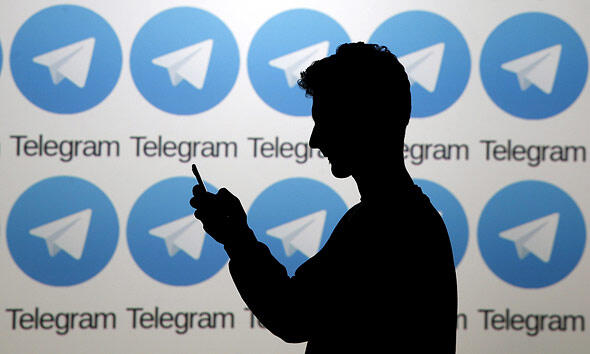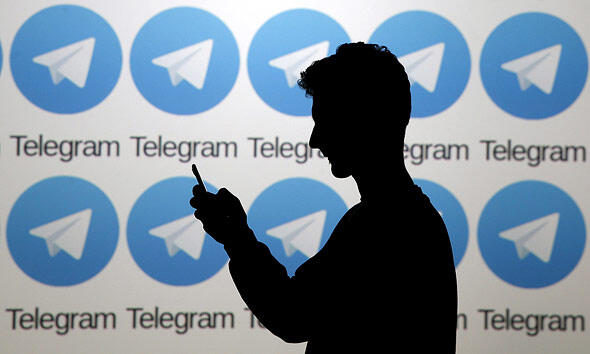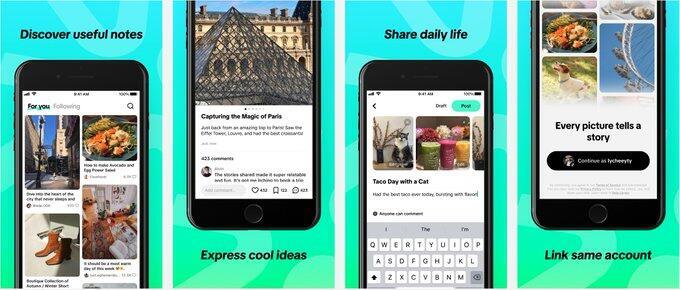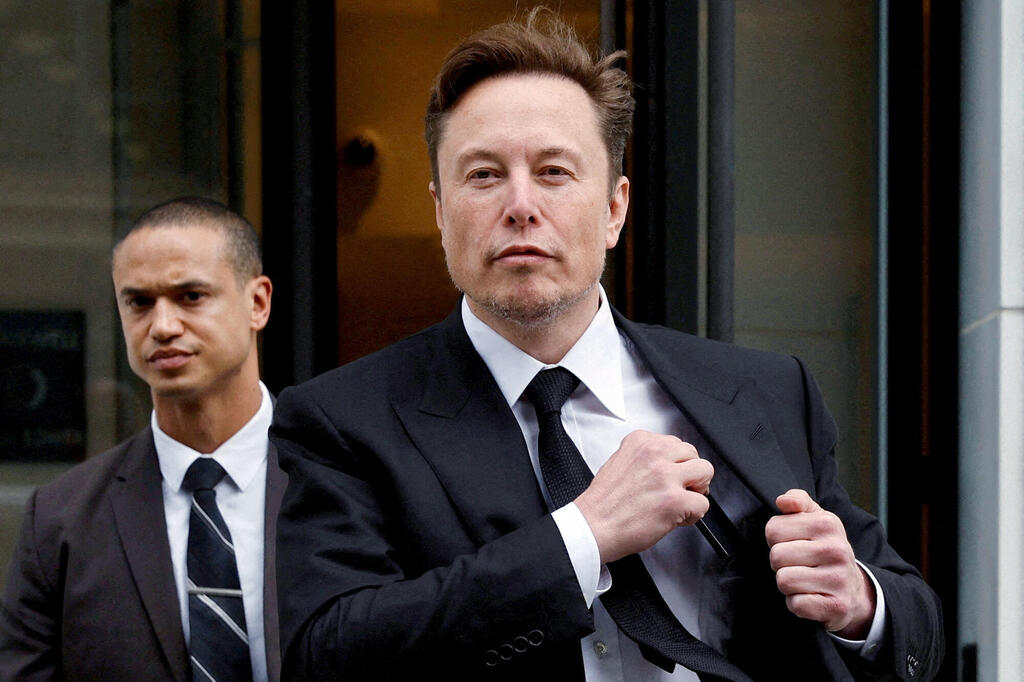
High-Tech Trendsetters
Social media’s double-edged sword: Israel’s war through the lens of Telegram and TikTok
As social media platforms like Telegram and TikTok take center stage in shaping public opinion, Israel faces critical challenges in managing real-time information and the global battle for hearts and minds. From Telegram’s role in breaking news to Israel’s failure on TikTok, the digital battleground is reshaping both local and international narratives.
The immense role that social media plays in daily life is already a well-established fact; from interpersonal communication, to recreation, to the promotion of political ideologies. In Israel in 2024, the use of social media was crucial, both on domestic and international fronts.
On October 7th, the full extent of traditional media's weakness became evident. Before the first journalists were on air, reports started spreading across Telegram. Panicked messages, shocking screenshots, gut-wrenching images, and videos captured the horrors unfolding in real-time during the Hamas attacks on the areas surrounding Gaza and the last moments of the Nova rave that was so violently interrupted.
Ever since, throughout the fighting in Gaza, Telegram has become a central tool in Israel, evolving into an essential platform for real-time updates and direct content from the field. Numerous Telegram groups with tens of thousands and sometimes even hundreds of thousands of users are used to exchange immediate information about the security situation, from missile strikes to warnings about terrorist infiltrations.
Without censorship restrictions or even moral considerations, Telegram became a primary source for the public seeking instant updates. As a result, official entities in Israel were forced to respond quickly to rumors circulating on the app. Many times, baseless rumors went viral, and official bodies had to issue statements to deal with disinformation almost immediately.
As a free platform, the challenges of content moderation on Telegram remain unresolved. Although the app provides unrestricted access to information, it also exposes users to emotional risks and disinformation, once again raising the question of the responsibility of tech companies' to balance freedom of information with protecting their users.
A PR failure on TikTok
In another social arena - perhaps the most important one today - Israel saw a colossal failure: the battle for public opinion on TikTok. Despite Israel's diplomatic and PR efforts through experienced communicators on foreign channels and studios, TikTok remained almost entirely disconnected from these efforts. Into this vacuum, pro-Palestinian campaigns were swiftly and effectively launched within hours.
The pressure was so immense that many international influencers felt compelled to express their stance on the issue, even if their content was not political at all. The deluge of anti-Israel content on the network immediately led to pro-Palestinian demonstrations on major U.S. university campuses and worldwide. It seems that those responsible for Israel's global image failed to grasp the deep influence that this social network has on the younger generation, especially among Gen Z users, who are forming their identities through informal education and social media consumption. On such an important platform, Israel simply wasn’t there.
Israel’s loss on TikTok highlights the need for a fresh approach to managing the battle for public opinion in the digital age. In today’s arenas, where intense emotions and viral content fuel public discourse, Israel must develop new strategies based on understanding the platforms, target audiences, and dominant narratives. The proper use of digital tools, such as AI and tailored visual content, along with swift and accurate responses and influencer engagement, may be critical for future campaigns.
Facebook vs. fake news
While these may not be the glory days of Mark Zuckerberg and Meta, he is still one of the most influential people in the world today, and not always in the most expected ways. Facebook, despite its struggle to stay relevant, continues to be a key platform for older users - the most important demographic ahead of the upcoming U.S. presidential elections. While everyone is focused on Elon Musk’s X (formerly Twitter) or TikTok, Meta’s approach to tackling fake news and foreign influence operations has the potential to have a greater impact on the election results and to fuel unrest that could arise after.
At the same time, Meta is gradually becoming a significant player in the world of generative AI (GenAI), competing with OpenAI and Google models, and doing so in an open-source format, making its capabilities accessible to anyone with the skills to leverage them. This could pose a danger if actors working on behalf of Russia, China, or Iran exploit these models to create large-scale propaganda and deepfake content, and then use Facebook to spread them to wide audiences. If Zuckerberg and Meta don’t address these trends quickly, Russia’s interference in the 2016 election will look like child’s play compared to what could unfold in the coming weeks.
An influencer, but really a troll
Elon Musk’s influence extends far beyond the companies he runs. The prolific businessman owns and operates at least five different companies he founded, nearly all of which are leaders in their fields or have significant public influence: Tesla, SpaceX, Neuralink, The Boring Company, X (formerly Twitter), and xAI. Over the last year since Musk took over Twitter, he has completed the transformation and become the world’s largest social media influencer, leveraging all the social capital he has accumulated to shift markets, alter cryptocurrency prices, and reshape the communications market and political landscape, both in the U.S. and South America.
Musk, the influencer, doesn’t do what he does for likes or clicks (although he certainly enjoys the attention), nor to gain sponsorships. He acts with a mix of intention and impulse, sometimes to move Tesla stock prices, and other times to promote whatever he wants, with everyone paying the price. Today, Musk is using his financial and social power to chaotically and aggressively influence the world.
As the top global influencer, he operates like a conspiracy theory machine, one day promoting the idea that Jews are engaged in the alt-right's “Great Replacement Theory,” and the next day suggesting that presidential candidate Kamala Harris is a communist bent on destroying the United States. This year, Musk reminded us that while power may place you on top influencer lists, human nature ensures it eats away at everything else.
















